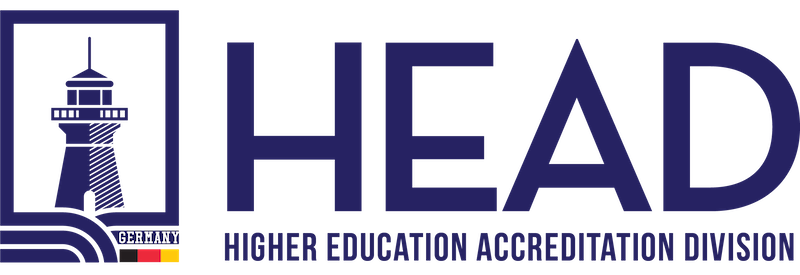The Importance of Establishing and Maintaining an Educational Organization Policy

Introduction
In the dynamic world of education, the role of top management in an educational institution cannot be overstated. One of their critical responsibilities is the establishment, review, and maintenance of an educational organization policy that aligns with the institution’s purpose and context. This policy serves as the foundation upon which the entire educational framework is built, providing a roadmap for success, ensuring accountability, and promoting continuous improvement. In this article, we will explore why top management’s involvement in this process is crucial and how it impacts the effectiveness of the organization.
1. Defining the Purpose and Context
Every educational institution is unique, with its own mission, vision, and values. The first step in crafting an effective educational organization policy is to define the institution’s purpose and context. This involves a thorough understanding of the institution’s goals, the needs of its students, and the external factors that may influence its operations. Top management plays a pivotal role in this phase by facilitating discussions, conducting research, and engaging with stakeholders to develop a clear and comprehensive understanding of the organization’s purpose and context.
2. Setting Clear Objectives and Expectations
Once the purpose and context are defined, top management must establish clear objectives and expectations for the educational institution. These objectives should align with the institution’s mission and serve as the guiding principles for all activities within the organization. The policy should outline expectations for both students and staff, including academic standards, behavior, and performance metrics. Clarity in objectives and expectations fosters a sense of direction and accountability among all stakeholders.
3. Ensuring Compliance and Accountability
An educational organization policy is not just a document; it is a set of rules and guidelines that govern the institution’s daily operations. Top management plays a critical role in ensuring that these policies are communicated effectively to all stakeholders and that compliance is consistently monitored. This involves establishing mechanisms for reporting and addressing policy violations, as well as providing training and support to staff and students to understand and adhere to the policies.
4. Promoting Continuous Improvement
Educational institutions must evolve and adapt to meet the changing needs of students and the broader educational landscape. Top management’s involvement in policy review and maintenance is essential for promoting continuous improvement. Regular reviews allow the institution to assess the effectiveness of its policies, identify areas for enhancement, and incorporate best practices from the field of education. This ensures that the organization remains relevant and responsive to the evolving needs of its students and the educational community.
5. Enhancing Reputation and Trust
An educational organization with a well-established and consistently maintained policy framework gains credibility and trust from students, parents, faculty, and the community. When top management demonstrates a commitment to creating a safe, inclusive, and effective learning environment through their policies, it enhances the institution’s reputation and fosters trust among stakeholders. This, in turn, can lead to increased enrollment, improved student retention, and a positive public image.
Conclusion
In conclusion, the role of top management in establishing, reviewing, and maintaining an educational organization policy is of paramount importance. This policy serves as the foundation upon which an institution’s purpose and context are translated into actionable objectives and expectations. It ensures compliance, accountability, and continuous improvement while also enhancing the institution’s reputation and trustworthiness. In a rapidly changing educational landscape, the commitment of top management to crafting and maintaining a well-defined policy framework is a key factor in the success and sustainability of any educational institution.
Would you like to speak to one of our Higher Education Accreditation Expert? Just submit your details and we’ll be in touch shortly. You can also email us if you would prefer.

